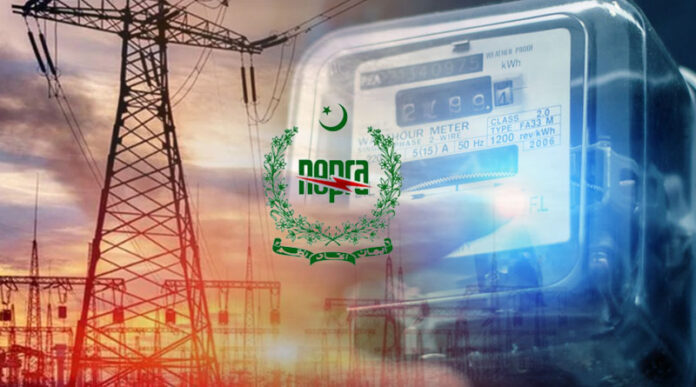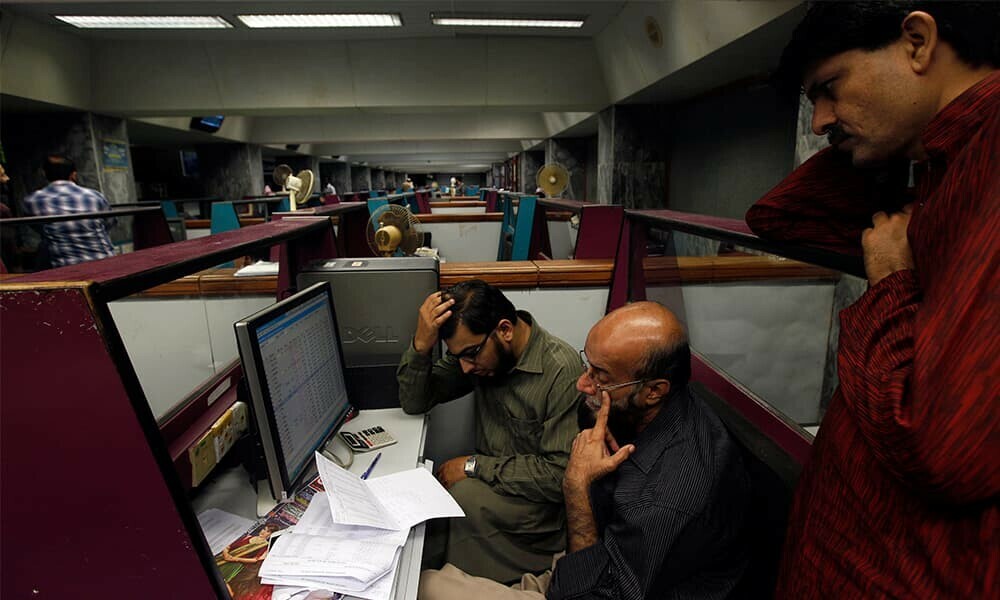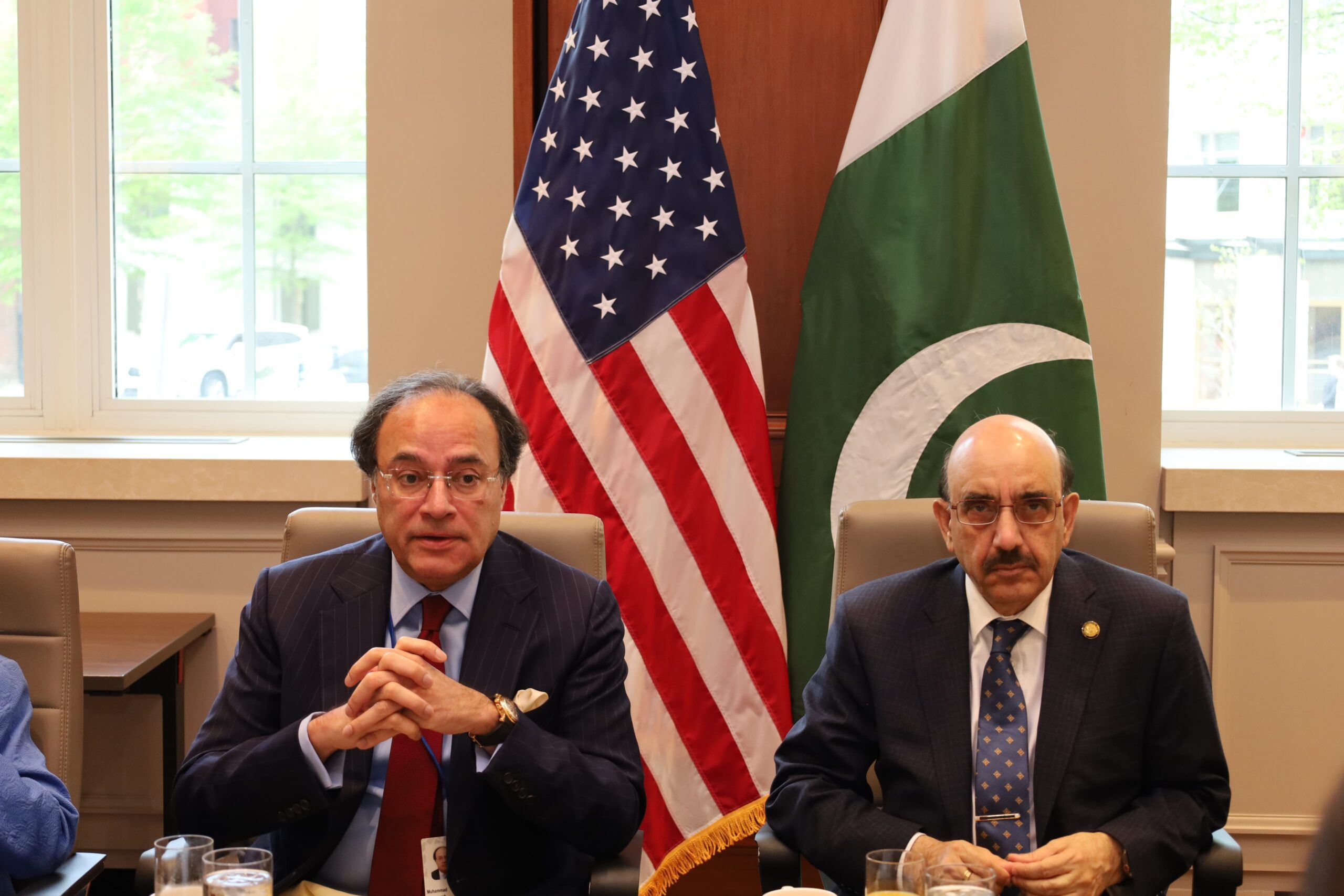PTBP Web Desk
The Power Division has decided to postpone the much-discussed net metering tariff rationalization plan indefinitely.
This move comes in the wake of a recent electricity tariff hike and the subsequent public outcry from various segments of society. Initially directed by the Prime Minister to firm up and submit the net metering tariff rationalization by May 10, 2024, the deadline was extended several times, with the latest extension pushing it to September 30, 2024. However, in light of recent developments, the plan has been put on hold.
In May 2024, the Prime Minister had directed the Power Division to finalize the net metering tariff rationalization plan. The intent was to address the pricing structure for consumers who generate their electricity through solar panels or other renewable sources and sell excess power back to the grid. This move aimed to make renewable energy more viable and ensure fair compensation for consumers contributing to the grid. However, the recent hike in electricity tariffs has added pressure, leading to the delay in implementing these reforms.
The Power Division shared its stance with the Prime Minister’s Office, indicating that the current sensitivity around electricity tariffs warranted a delay in taking up the net metering tariff rationalization. The Division mentioned that, considering the public’s response to the tariff hike, the matter would be revisited at a more appropriate time, although no specific date was provided. Despite the postponement, the Power Division confirmed that in-house deliberations on the proposal were completed, and the plan is ready to be introduced once the green light is given. A summary will be initiated for stakeholder comments at that point.
Alongside the net metering plan, the Power Division is also working on the institutional restructuring of the National Transmission and Despatch Company (NTDC). A committee led by the Minister for Economic Affairs, Ahad Khan Cheema, has been tasked with reviewing and proposing a way forward for NTDC’s restructuring. The committee held a meeting on August 1, 2024, where it directed the lead consultant to submit a skeleton of recommendations and proposals. The extended deadline for this task is October 15, 2024.
The Power Division has also provided updates on the operationalization of a competitive electricity market. The modalities of wheeling charges are being worked out by a Cross-Sectoral Committee, which is evaluating options for the gradual reduction of stranded cost annual caps and the availability of surplus capacity in the system. These efforts are part of the broader plan to make the electricity market more competitive and efficient.
Regarding the availability of Thar coal for the Lucky coal power plant, the Power Division has urged the Government of Sindh to expedite the financial close of the mine expansion of the Sindh Engro Coal Mining Company (SECMC) to achieve the Required Commercial Operation Date (RCOD) by December 2025. The Private Power and Infrastructure Board (PPIB) has convened meetings with the Government of Sindh and the Secretary of Energy to expedite this process.
In terms of converting three Chinese Independent Power Producers (IPPs) – Sahiwal, Port Qasim, and Hub China – to Thar coal, a ministerial delegation led by the Minister for Finance visited China in July 2024 to initiate dialogue with the Chinese government. Subsequently, a Chinese delegation conducted a detailed assessment of each proposal from July 31 to August 5, 2024. Recent deliberations have also been held with representatives from the Port Qasim Plant. The deadline for the completion of this conversion task is set for July 1, 2029.
The Power Division has informed the Prime Minister’s Office about progress on involving private participation in Distribution Companies (Discos). The Cabinet Committee on Privatization (CCoP) approved the privatization of Islamabad Electric Supply Company (IESCO), Faisalabad Electric Supply Company (FESCO), and Gujranwala Electric Power Company (GEPCO) in the first phase. The second phase will include Lahore Electric Supply Company (LESCO), Multan Electric Power Company (MEPCO), and Hazara Electric Company (HAZECO). Other companies like Hyderabad Electric Supply Company (HESCO), Sukkur Electric Power Company (SEPCO), and Peshawar Electric Supply Company (PESCO) are set to follow a concession model through long-term agreements. The World Bank has been engaged as the financial advisor for this task, with a completion deadline of January 1, 2026.
Power sector reforms and the progress made so far will be a focal point of discussions with Simon J Stolp, Practice Manager for Energy and Extractives at the World Bank South Asia Region, during his visit to Pakistan from September 18-20, 2024. The objective of his visit is to follow up on ongoing discussions about the Bank’s energy sector portfolio and future pipeline priorities.




